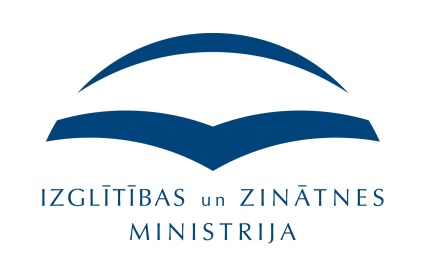Development of Technical Specification for the Procurement and Contract Information System of the Ministry of Education and Science

| PROJECT OBJECTIVE:
With a view to improving the efficiency of principles, functions and processes related to the organisation and implementation of public procurement at the Ministry of Education and Science (hereinafter – MoESC), in May 2014 DyU was entrusted with a task to develop the technical specifications for the procurement of the development of a procurement and contract information system for the MoESC (hereinafter – ILIS) that would be used for launching public procurement and for subsequent development and implementation of an adequate ILIS, thereby ensuring an easy and modern procurement management process and improving the efficiency of the functions and processes relating to the procurement process. PROJECT SOLUTION AND RESULT: As the main objective for the ILIS development is to optimise and streamline all the processes relating to the public procurement of the MoESC with the help of a custom-made IT system, easing the burden on the MoESC personnel and increasing the efficiency of the procurement management processes both in the terms of time and costs, at the same time improving the accessibility and transparency for the stakeholders involved in public procurement organised by the MoESC, the technical specification of the ILIS included the following:
In addition to that, on the basis of the modules characterising the proposed ILIS, a provisional timetable for the ILIS development and an estimate of development costs were prepared, prioritising all of the planned module components and thereby outlining the most advisable and efficient sequence for the development and implementation of the ILIS. |
The development and implementation of the ILIS is expected to result in the following main benefits:
 |




